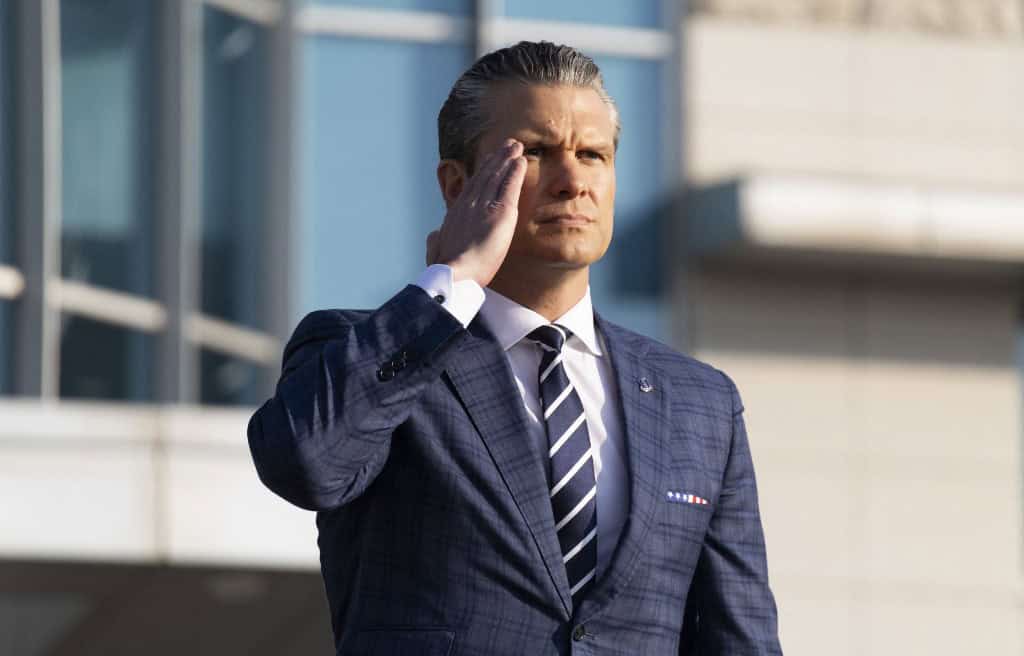The United States has rolled out a major military effort called Operation Southern Spear to tackle drug cartels across Latin America. Defense Secretary Pete Hegseth made the announcement, framing it as a direct order from President Donald Trump to protect American soil from the flow of illegal drugs.
Hegseth stated that the operation focuses on removing what he termed narco-terrorists from the Western Hemisphere. He leads the charge through the Department of War, working hand-in-hand with the U.S. Southern Command. The mission brings together a joint task force that combines manned and unmanned forces to track and stop smuggling operations in the Caribbean and Pacific regions.
Military deployments include advanced robotic sea and air systems, along with the aircraft carrier USS Gerald R. Ford. These assets aim to intercept vessels suspected of carrying drugs, marking a step up in tactics against cartels. Officials say the buildup strengthens the ability to hit smuggling routes and carry out strikes if needed.
Actions under the operation have already led to confrontations. U.S. forces struck a boat in the Caribbean, resulting in four deaths. Reports indicate up to 80 people have died in similar incidents, with no survivors in some cases. In one joint effort with Dominican authorities, agents seized 484 packages believed to be cocaine off the coast of Pedernales province.
The move comes amid rising friction with Venezuela. Washington accuses President Nicolás Maduro of ties to drug trafficking and labels him illegitimate. Analysts point out that strikes could target Venezuelan sites, including army bases and Maduro’s palace. Venezuela has responded by moving troops, heightening alert levels in the area.
Russia voiced concerns over the operation. Kremlin spokesman Dmitri Peskov said he trusts the U.S. will avoid steps that upset stability around Venezuela and the Caribbean. He stressed the need to follow international law. European Union officials have gone further, calling some U.S. actions illegal due to a lack of proof that targeted boats carried drugs.
Critics argue the operation raises questions about evidence and oversight. Despite claims of fighting cartels, some see it as a broader push for influence in South America. Countries in the region, including Mexico and Colombia, face potential spillover as the U.S. eyes expanded strikes.
Hegseth defended the strategy, saying the Western Hemisphere belongs to the neighborhood of the United States and must stay secure. He linked the drug trade to deaths back home, positioning the operation as a defense of American lives.
The operation builds on past anti-drug missions but adds new layers with unmanned tech and a dedicated task force. It signals a shift in how Washington handles threats from organized crime in Latin America.






